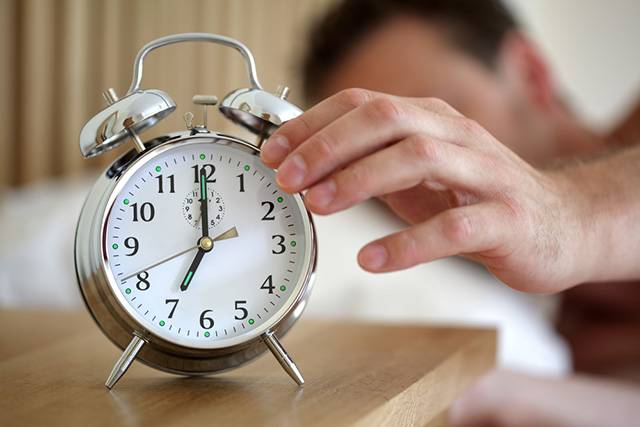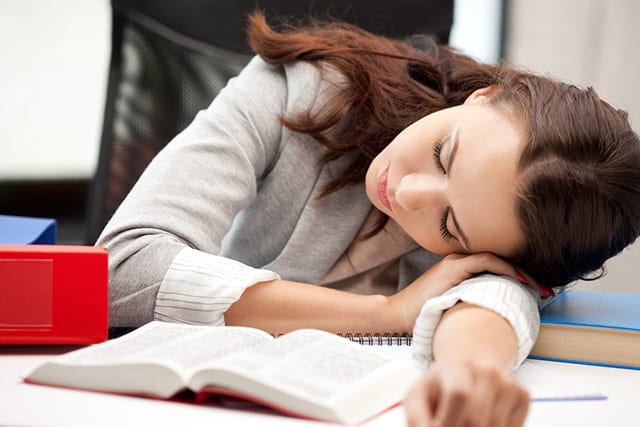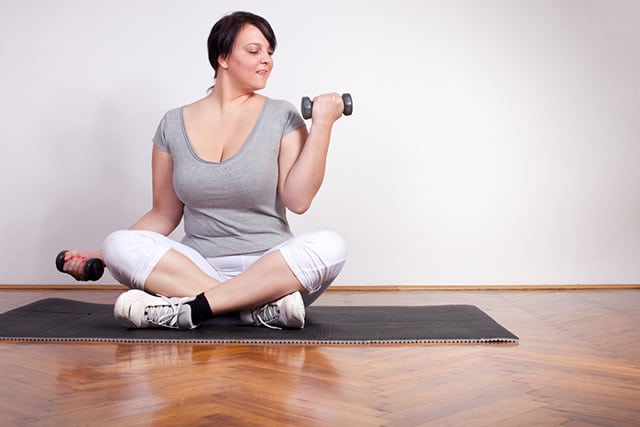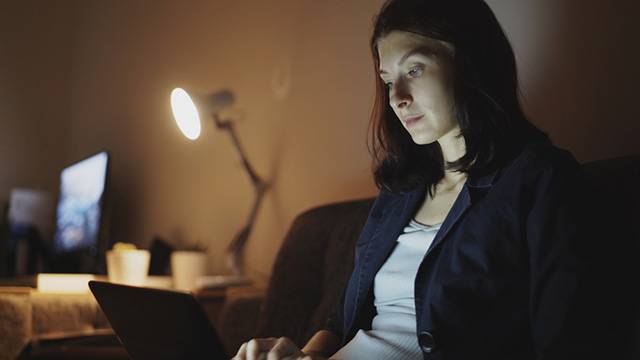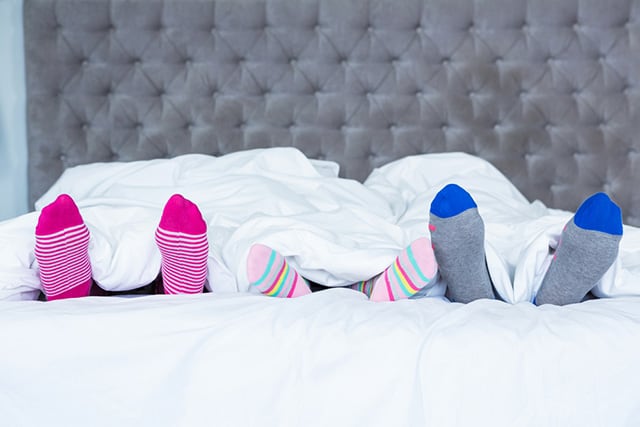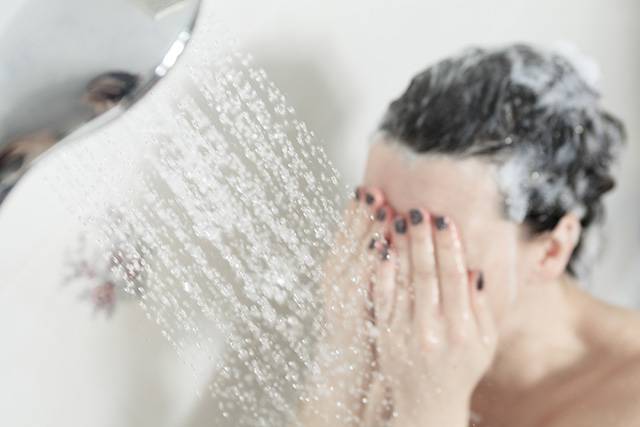Sleep is as essential for enjoying a healthy, productive and fun life as any other thing. However, the lifestyles we follow today leave us with little time to concern ourselves about it which leads to all sorts of problems in our waking life – we get jumpy, nervous, easily exhausted etc., and this affects our professional and social circles. Here are some tips you can follow to enjoy rejuvenating sleep even if your lifestyle doesn’t allow for long, deep slumbers:
Check the other sleep benefits you can obtain.
#1. The 90 Minute Rule
While you sleep, your brain goes through various cycles, each of which lasts for 90 minutes. According to Professor Richard Wiseman, you’ll be most refreshed if you wake up at the end of a 90 minute sleep cycle since you will be nearest to your normal waking state.
So you can start counting back 1.5 hour intervals from whenever you wish to wake up to calculate the exact time you should go to sleep. For instance, if you wish to awaken at 7AM try going to sleep at either 10pm or 11:30pm.
#2. The Best Time For A Nap Is Between 1 And 3 PM
You feel alert through the morning due to your circadian rhythm, which peaks from 7AM to 9AM, but this starts declining from 11AM and is lowest from 1 to 3 PM (which means that the lethargy you feel during the mid-afternoon isn’t entirely because of the heavy lunch you had!)
You should use this slump period to your advantage and enjoy a quick nap if possible. If you aren’t able to find suitable bedding, you can buy portable pillows to utilize on the go.
#3. Drink Some Coffee Before Taking A Quick Nap
It might sound backwards but it takes twenty minutes for caffeine’s effects to kick in, so enjoying an espresso just before you embark on your brief nap will let you wake up fully alert. Just make sure you are capable of falling asleep within 20 minutes or you’ll never get that nap in.
Learn more about Napping .
#4. Do Some Exercise
An hour and a quarter of intense exercise or two and a half hours of moderate exercise, done weekly, will improve your sleep at night. Remember not to do it just when you’re going to bed. Exercise will make you all sweaty and hot, and it will take some time for you to cool down before you can sleep easily.
Here’s the correlate article : How Exercise Improves Sleep
#5. Stay Clear Of Bright Screens In The Hours Before Bed
Research indicates that blue light keeps you from sleeping since it suppresses melatonin production. Unfortunately, this means that smartphones, computers and TV have a harmful effect on the quality of your sleep in spite of being extremely useful modern inventions that keep you connected and entertained.
If you have no choice but to work late, keep your phone screen dimmed as much as possible and / or utilize an app that minimizes the blue glow from your PC. You can also try wearing glasses with an amber-tint – it has been shown that they improve mood and sleep quality.
#6. Neutral Sounds Will Help You Deal With Annoying Noises
Even if you’re sleeping, your brain is being fed sound from your ears which can be a problem. According to research, white noise or nature sounds, such as rain or crashing waves, can muffle out irritating noise like the ones you get from rowdy party goers or passing trains.
I suggest you get a sound machine to sleep better at night.
#7. Put On A Pair Of Thick Socks If You Feel Chilly
The optimum room temperature for sleep, is just above 65 degrees Fahrenheit and at around 45% humidity. But remember to take care of your feet as well. Heat is transmitted throughout your body by the flow of blood and bad circulation can result in cold extremities that lead to sleeplessness. A pair of warm socks is a small investment for guaranteeing good sleep. In reverse, keeping your feet out from the covers will help you regulate your body temperature if you feel warm.
#8. Bathe Before Going To Sleep
A bedtime shower will lead to a solid improvement in your sleep quality. Although as yet unexplained, there is a theory that it has something to do with how a shower mimics the lowering of your body’s temperature before it is about to sleep. When you get out of the shower, your body temperature decreases abruptly, which your brain identifies as a signal that you’re ready to sleep.
#9. Eat A Light, Carb Rich Dinner Before Going To Sleep
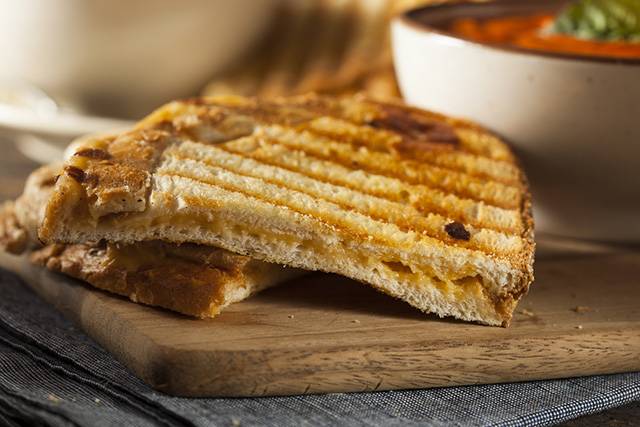
#10. Put Some Lavender Scent In Your Bedroom
It may seem like something of a folk tradition, but it holds up to scientific scrutiny. According to a Wall Street Journal report, a 2008 study involving 12 people at Glasgow’s European Sleep Research Society, revealed that bedclothes sprinkled with lavender oil helped the participants doze off easier. This was compounded by a Japanese study in 2012. You can go for bed linen infused with lavender, or a diffuser.
